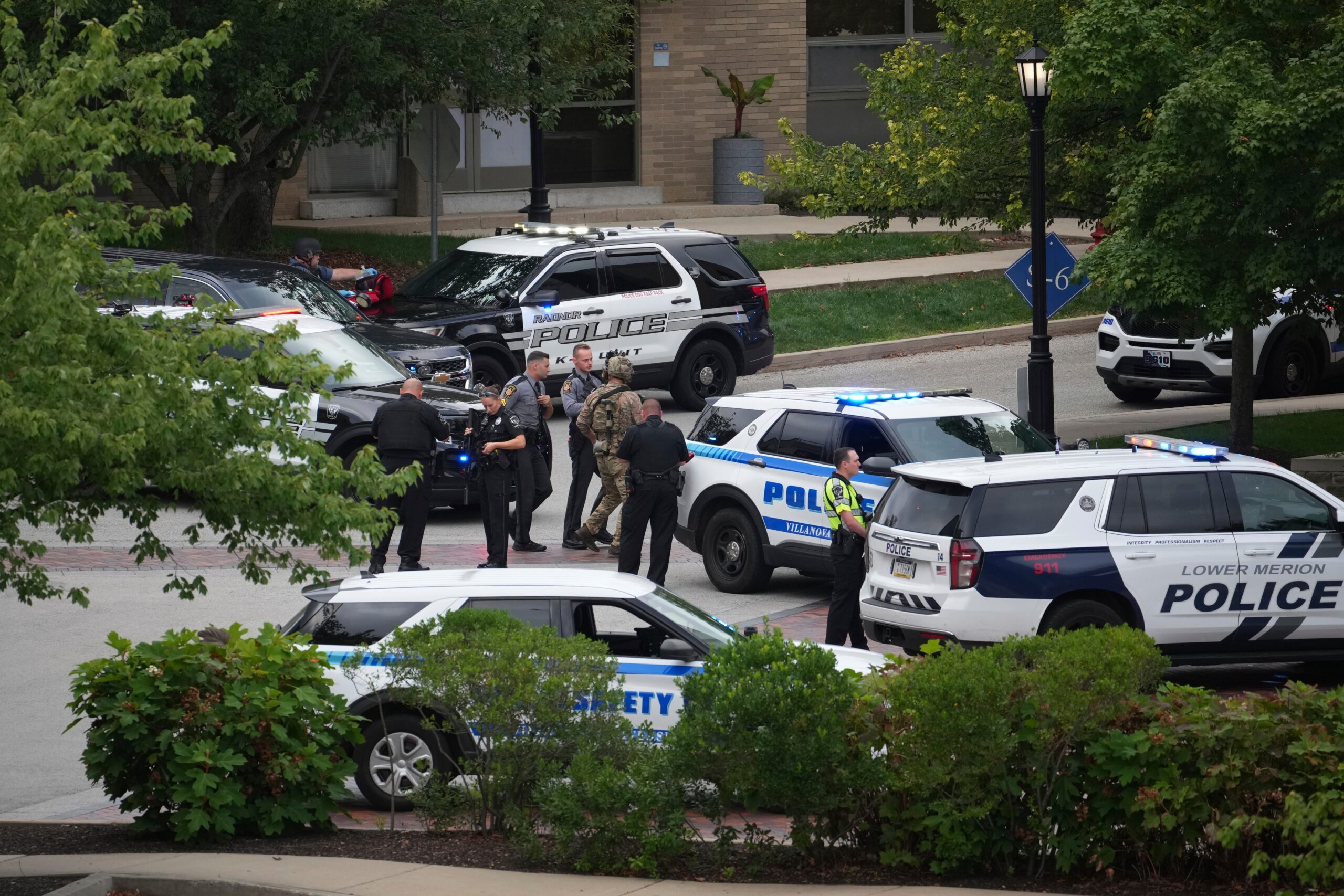The leader of an online group has claimed responsibility for the wave of fake shooting threats against colleges as students returned to campus this month.
The person, who identified himself as Gores, told Wired he co-leads an online group called Purgatory. The group has offered to call in fake threats to schools — also known as swatting — for as little as $20, though the price appears to have gone up to $95 in recent days, Wired reports. For just $50, the group will make those same fake threats against hospitals, businesses and airports.
Gores told Wired he is responsible for “a lot” of fake threats to college campuses, and claims he and another member who goes by “tor” placed the calls.
Last year, three Purgatory members were arrested and charged in relation to threats made across the country, including to a Delaware High School and Albany International Airport, Wired reports. Purgatory has been linked to 764, a wing of the extremist online group The Com, according to the outlet.
The Justice Department has described 764 as a network “of nihilistic violent extremists” who are “seeking to destroy civilized society through the corruption and exploitation of vulnerable populations, which often include minors.”

There have been at least 19 swatting calls targeting U.S. college campuses since August 19, according to Inside Higher Ed. Schools impacted include Villanova University, Iowa State University and the University of Colorado, Boulder.
The FBI said earlier this week it is investigating the uptick in swatting events across the country. The FBI declined to comment when contacted by The Independent about Purgatory.
“The F.B.I. is seeing an increase in swatting events across the country, and we take potential hoax threats very seriously because it puts innocent people at risk,” the agency said in a statement to The New York Times on Tuesday. “Knowingly providing false information to emergency service agencies about a possible threat to life drains law enforcement resources, costs thousands of dollars and, most importantly, puts innocent people at risk.”
Even though some of these swatting calls don’t result in any injuries, they are still dangerous and take an immense emotional toll on community members, the Times reports.
David Riedman, founder of the K-12 School Shooting Database, told the Times that swatting calls result in “hundreds of officers” responding to the threat, which can create dangerous situations. Riedman said he has seen cops cause collisions by running red lights while rushing to the scene of an active shooting threat. He also recalled one incident in which a cop rammed his car through the locked doors of a K-12 school.
The calls have terrified students and parents. Pedro Gutierrez, whose son attends Villanova University, told the Times he dropped his son off at the Pennsylvania school less than an hour before the campus went into lockdown over a shooting threat that would turn out to be a hoax.
“To be so close and to have left him 45 minutes earlier, the guilt was horrific,” Gutierrez said.
